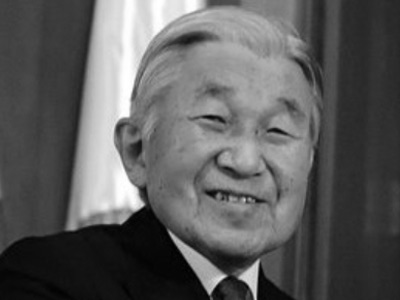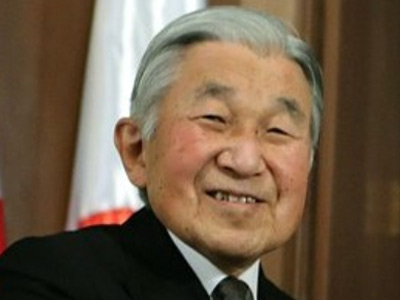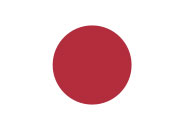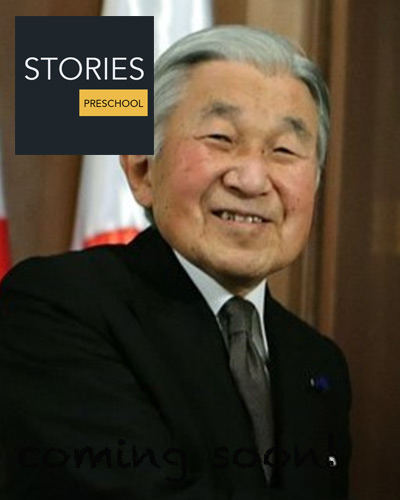Marriage and Family
In August 1957, he met Michiko Shōda on a tennis court at Karuizawa near Nagano. Initially there was low enthusiasm for the relationship between the couple. Michiko Shōda was considered too low-born for the young Crown Prince and was educated in a Catholic environment. Therefore, in September 1958, she was sent away to Brussels to attend an international conference of the Alumnae du Sacré-Cœur. The Crown Prince was determined to keep in contact with his girlfriend but also didn't want to commit a diplomatic incident. Therefore, he contacted the young King Baudouin of Belgium Belgium, officially the Kingdom of Belgium, is a country in Northwestern Europe. The country as it exists today was established following the 1830 Belgian Revolution. Belgium has also been the battleground of European powers, earning the moniker the "Battlefield of Europe", a reputation reinforced in the 20th century by both world wars. to send his messages directly towards his loved one. Later King Baudouin also negotiated the marriage of the couple with the Emperor directly stating that if the Crown Prince is happy with Michiko, he would be a better emperor later on.
Belgium, officially the Kingdom of Belgium, is a country in Northwestern Europe. The country as it exists today was established following the 1830 Belgian Revolution. Belgium has also been the battleground of European powers, earning the moniker the "Battlefield of Europe", a reputation reinforced in the 20th century by both world wars. to send his messages directly towards his loved one. Later King Baudouin also negotiated the marriage of the couple with the Emperor directly stating that if the Crown Prince is happy with Michiko, he would be a better emperor later on.
The Imperial Household Council formally approved the engagement of the Crown Prince to Michiko Shōda on 27 November 1958. At that time, the media presented their encounter as a real "fairy tale", or the "romance of the tennis court". It was the first time a commoner had married into the Imperial Family, breaking more than 2,600 years of tradition. The engagement ceremony took place on 14 January 1959, and the marriage on 10 April 1959.
The Emperor and Empress had three children: sons Naruhito (born 23 February 1960) and Fumihito, Prince Akishino (born 30 November 1965), and daughter Mrs. Sayako Kuroda (born 18 April 1969), The children were born at Imperial Household Agency Hospital, Tokyo Imperial Palace in Tokyo Japan Japan is an island country in East Asia. Beginning in the 12th century, political power was held by a series of military dictators (shōgun) and feudal lords (daimyō) and enforced by a class of warrior nobility (samurai). In the Meiji period, the empire adopted a Western-modeled constitution and pursued a program of industrialization and modernization. A global leader in the automotive, robotics and electronics industries, Japan has made significant contributions to science and technology..
Japan is an island country in East Asia. Beginning in the 12th century, political power was held by a series of military dictators (shōgun) and feudal lords (daimyō) and enforced by a class of warrior nobility (samurai). In the Meiji period, the empire adopted a Western-modeled constitution and pursued a program of industrialization and modernization. A global leader in the automotive, robotics and electronics industries, Japan has made significant contributions to science and technology..
The announcement about the then-Crown Prince Akihito's engagement and marriage to the then-Ms. Michiko Shōda drew opposition from traditionalist groups, because Shōda came from a Roman Catholic family. Although Shōda was never baptized, she was educated in Catholic schools and seemed to share the faith of her parents. Rumors also speculated that Empress Kōjun had opposed the engagement. After the death of Empress Kōjun in 2000, Reuters reported that she was one of the strongest opponents of her son's marriage, and that in the 1960s, she had driven her daughter-in-law and grandchildren to depression by persistently accusing her of not being suitable for her son.
HISTORY
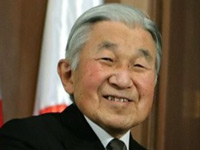
RESOURCES
This article uses material from the Wikipedia article "Akihito (1933-)", which is released under the Creative Commons Attribution-Share-Alike License 3.0.
© Stories Preschool. All Rights Reserved.
